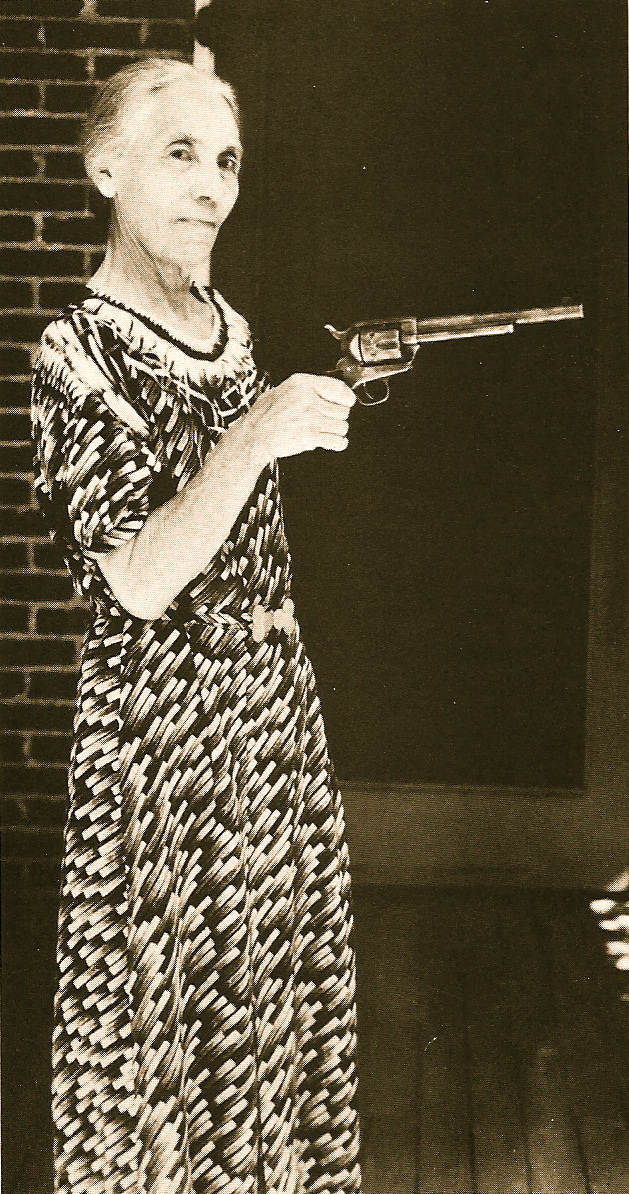 |
| Lucretia (seated, second from right), the only female Quaker preacher in 1840s America, forced groups like this Philadelphia abolitionist society to admit women when most still refused. |
Yes, the Mott in my name comes from Lucretia. (Technically, she’s my third cousin via six generations, but who’s counting?) And yes, we all regard Lucretia as the source of the self assurance/stubborness gene in our family.
 |
|
Lucretia always looks stern in photos,
never smiling. Quaker modesty? In
real life, she was famously engaging
and dynamic, especially for a crowd.
|
My cousin Lucretia Coffin Mott would never approve of ‘Dancing with the Stars’ as an approach to advancing her agenda, but she didn’t need gimmicks like that. Lucretia had no trouble drawing large and admiring audiences on her own. As a Hicksite Quaker – the progressive splinter group of the Society of Friends – she enjoyed greater independence and freedom to express herself than her subservient female peers under mainstream Quaker orthodoxy. Hicksites had a cornerstone belief that following one’s ‘inner light’ was a greater imperative than following the unquestioned male authority as propounded in the Bible. Lucretia took things further. At 29 years old, she claimed her ‘equal’ right to become a Quaker minister – hence all the images of her in a shawl, modest hat, and stern look. Lucretia preached that the God she knew in her heart could never have condoned unfair treatment of women.
That was in 1821, and it marked the start of Lucretia Mott’s official journey as ‘America’s First Feminist.’ Fellow Quaker Susan B. Anthony was just one year old and learning to walk the year Lucretia began her crusade from the pulpit.
Lucretia faced disparaging newspaper headlines over her widening ministry – things like Strong Minded Women Get Their Pluck Up and worse. She also faced threats against her, her home and her family. But Lucretia persevered with steely determination and a disarming grace. Her ministry would span half a century, and during this time she would alter America’s collective consciousness on women’s rights.
Lucretia could make any sectarian dogma fodder for her sermons. She opposed all forms of human subjugation, including, prominently, human slavery. She launched one of the first consumer boycotts to press the issue, refusing to use cotton cloth, cane sugar, or other slavery-produced goods and publicly encouraging others to follow her example. She and her husband James also sheltered runaway slaves in their home in Philadelphia. She did not just preach her beliefs, she lived them.
Lucretia stood just five feet tall and spoke softly, but as a Quaker minister she was a forceful, formidable dame in her contention for the higher American conscience – often to the frustration of her predominantly male detractors. The was particularly so on women’s rights and human slavery. She fought her battles with an indefatigable civility that won her wide respect. She was a trailblazing progressive to be sure, but no screamer or bra-burner. Few dared to cross her publicly.
Early in her ministry, Lucretia Mott merged her two main passions – women’s rights and abolition of slavery – by helping to organize women’s abolitionist societies. At the time, American anti-slavery organizations refused to admit women as members. In 1840, American abolitionists selected her as a delegate to the World’s Anti-Slavery Convention in London. But before the conference began, in spite of her status as a delegate, the male delegates voted to exclude her – and the five other female delegates – from participating.
Thus consigned to the observation gallery at the Convention, Lucretia sat next to an engaging young abolitionist’s wife named Elizabeth Cady Stanton. So started one of the great partnerships. Stanton later credited their conversations – seated together in the segregated women’s section – with the idea of holding a mass meeting to address women’s rights specifically. Of her first acquaintance with Lucretia in London, Elizabeth Cady Stanton would later write, it was “… like an added sun in the heavens, lighting the darkest recesses, and chasing every shadow away.”
This earliest conversation between Mott and Stanton culminated in the 1848 Seneca Falls Convention, the first public women’s rights meeting in the United States. Here, the delegates debated and approved the famous “Declaration of Sentiments,” written primarily by Mott and Stanton. This treatise was a deliberate parallel to the Declaration of Independence: “We hold these truths to be self-evident, that all men and women are created equal….”
Dollar icon Susan B. Anthony, to her enormous credit, built on the bold accomplishments of Lucretia Mott and continued a celebrated collaboration with Elizabeth Cady Stanton after Lucretia’s death in 1880. But it was Lucretia Mott’s pioneering efforts, ultimately, that paved the way for Stanton’s and Anthony’s rise and signature feminist strides into dawn of the 20th Century. Thus, it is the opinion of this writer (and Lucretia Mott’s 3rd cousin – full disclosure!) that the laurels of America’s First Feminist shall forever adorn Lucretia Coffin Mott.
Sally Mott Freeman is a former speechwriter and public relations executive. She currently works as a freelance writer and lives in Bethesda Maryland.
Read these great books by or about Lucretia Mott:
.
![]()



